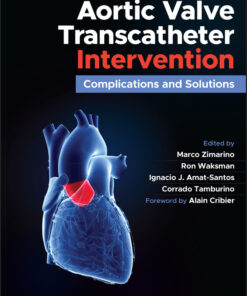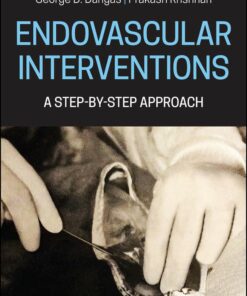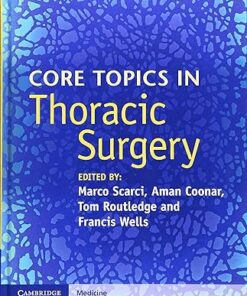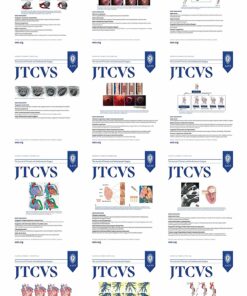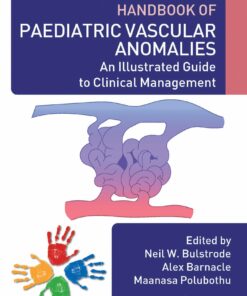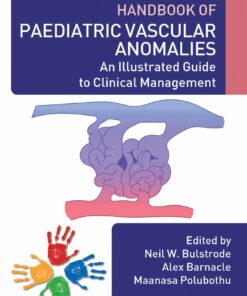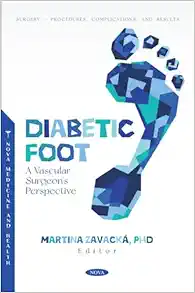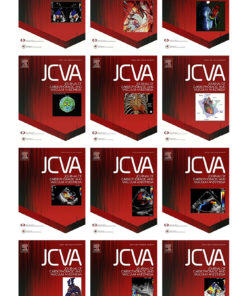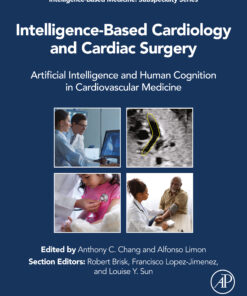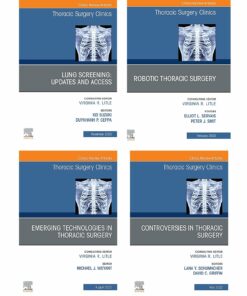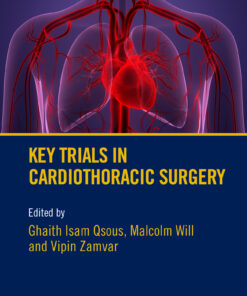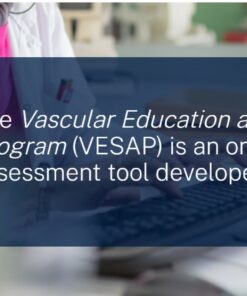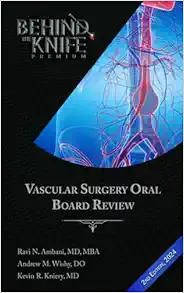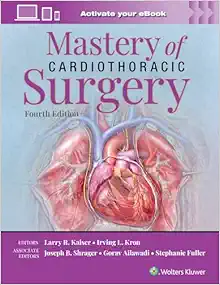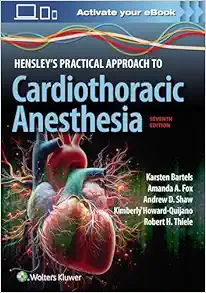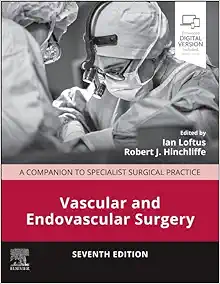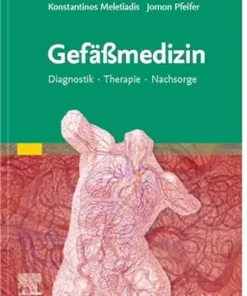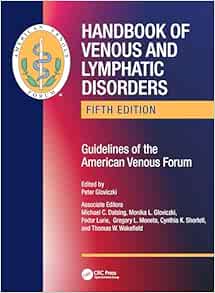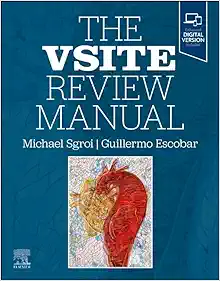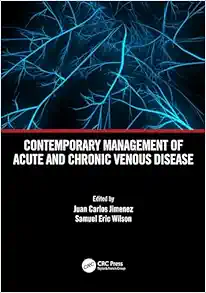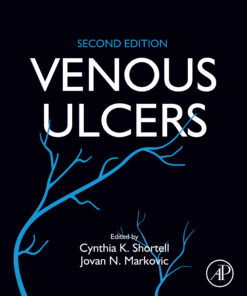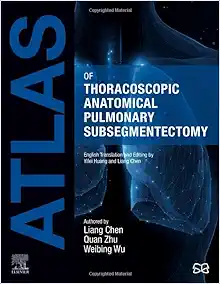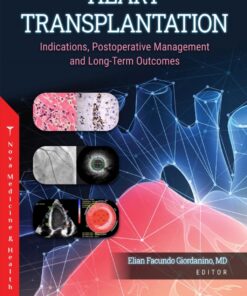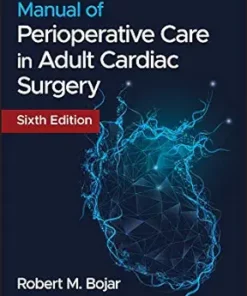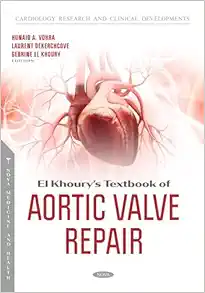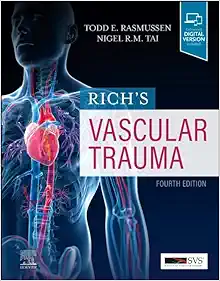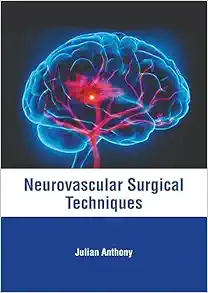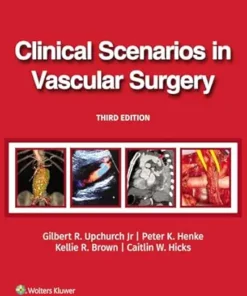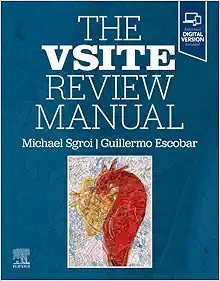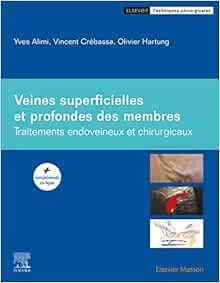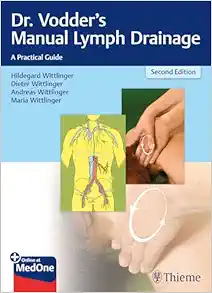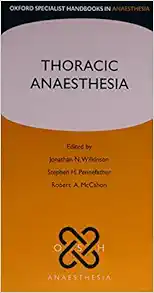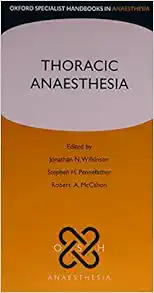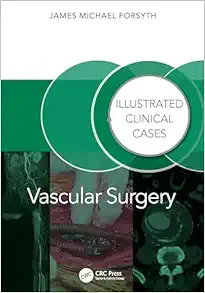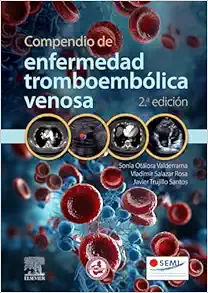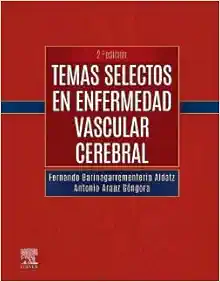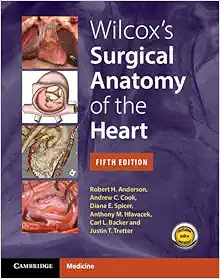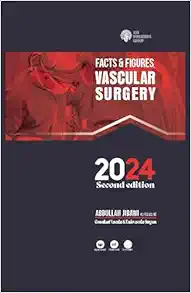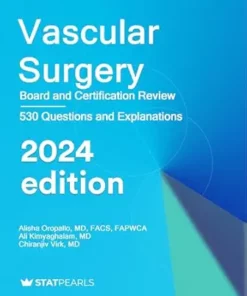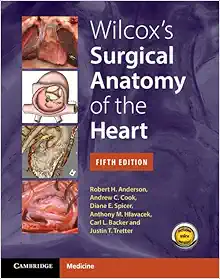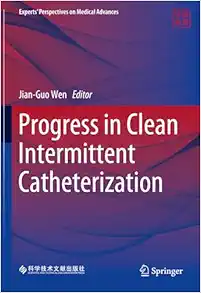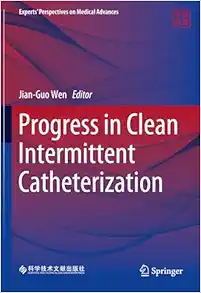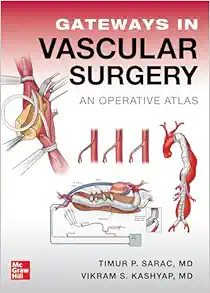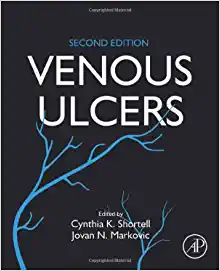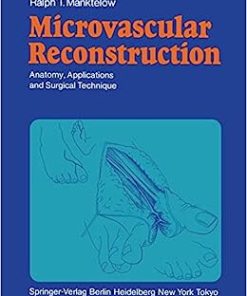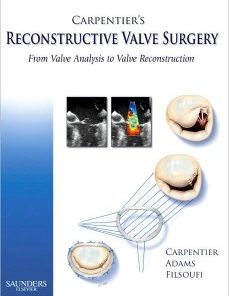GCUS Vascular Interpretation RPVI Registry Review 2023 – OC-RPVI231 (Videos+Quiz)
$90
Format : 21 MP4 + 9 PDF Quiz files
File Size : 12.07 GB
GCUS Vascular Interpretation RPVI Registry Review 2023 – OC-RPVI231 (Videos+Quiz)
The Vascular Interpretation & RPVI Registry Review Online Course is an exceptional product for those who want to take The Alliance for Physician Certification and Advancement (APCA) Registered Physician in Vascular Interpretation (RPVI) Certification Exam. This comprehensive review of vascular imaging interpretation is an excellent resource to improve your diagnostic criteria and deepens your understanding of various concepts related to vascular imaging interpretation. This online course is presented by expert faculty members and is designed to enhance your knowledge and competence to perform/interpret vascular ultrasound examinations and/or for successfully taking the RPVI certification exam.
One of the significant advantages of the Vascular Interpretation & RPVI Registry Review Online Course is its modular, interactive format that includes comprehensive lectures covering a range of topics, including Physics, Carotid Imaging, TCD Exams, Abdominal Aorta & Endograft Imaging, Abdominal Visceral Duplex, Peripheral Arterial Testing (Direct & Indirect), Peripheral Venous Testing (including insufficiency), QA, Safety & Bioeffects.
This online course integrates 135 interactive case presentations that provide you with an opportunity to enhance your skills in interpreting complex vascular cases. The online course also enables you to track your progress by maintaining a log of completed cases of which 100 can be used to meet the APCA Clinical Vascular Ultrasound Experience prerequisite. Additionally, the online course includes four mock examinations that simulate the certification exam experience, providing you with practical experience in taking the RPVI certification exam.
The Vascular Interpretation & RPVI Registry Review Online Course is an ideal resource to expand your understanding and competence in vascular ultrasound examinations or achieve RPVI certification. This online course offers comprehensive lectures that are presented by expert faculty members, covering a range of topics relevant to vascular imaging and interpretation. The topics covered include Hemodynamic Principles and Doppler Fundamentals, Instrumentation, Transducers, Imaging Modes and Artifacts, Normal and Abnormal Carotid Anatomy, Waveforms, and Scan Protocol, Abnormalities of the Vertebrobasilar System & TCD, Integration of Data: Carotid Interpretation and Reporting, Abdominal Aorta and Aortic Endografts, Peripheral Arterial: Indirect Physiologic Exams, and Arterial Duplex/Color Flow Imaging and Venous Insufficiency and Physiologic Testing.
It is crucial to note that the Vascular Interpretation & RPVI Registry Review Online Course also includes 135 interactive Carotid, Peripheral Arterial, Peripheral Venous, and Abdominal Aorta & Visceral Case Studies, providing you with first-hand experience interpreting complex cases. These case studies range from basic to advanced and allow you to apply what you have learned practically. The case studies present you with an opportunity to improve your interpretation and report structuring skills, making you confident in incorporating protocols, techniques, and diagnostic criteria to improve diagnosis/treatment accuracy.
In conclusion, the Vascular Interpretation & RPVI Registry Review Online Course is the perfect resource to expand your competence and knowledge in vascular imaging and interpretation. This comprehensive course offers interactive lectures from experts in the field, interactive case studies, and four mock examinations to simulate the certification exam experience. If you want to improve your vascular imaging interpretation skills, this course is the ideal resource. Order your copy today and experience a new level of competence and confidence in vascular imaging interpretation.
Product Details
- Increase the participants’ knowledge and competence to perform/ interpret vascular ultrasound examinations and/or successfully take the RPVI certification exam.
- Analyze Doppler/Color physics factors that affect optimal Doppler examinations and commonly seen Doppler/Color artifacts, which may affect diagnostic accuracy.
- Recognize normal/abnormal imaging, spectral Doppler and Color Doppler findings seen with carotid, peripheral arterial, and venous disease.
- Cite the role of indirect testing in the evaluation of lower extremity arterial disease.
- Apply diagnostic criteria for evaluation of carotid, peripheral venous and arterial disease.
- Interpret complex carotid and peripheral vascular case studies in an interactive interpretation session format.
- Recognize normal/abnormal imaging, spectral Doppler and Color Doppler findings seen with abdominal visceral (renal, mesenteric, and hepatic) evaluations.
- Recognize ultrasound findings associated with aortic endograft leaks.
- Differentiate normal and abnormal spectral Doppler characteristics associated with dialysis access graft evaluations.
- Integrate the key diagnostic elements into a structured report.
- Increase confidence to incorporate protocols, techniques, and diagnostic criteria to improve diagnosis/treatment accuracy.
- Hemodynamic Principles and Doppler Fundamentals
- Instrumentation: Transducers, Imaging Modes, and Artifacts
- Normal Carotid Anatomy, Waveforms, and Scan Protocol
- Abnormal Carotid Waveform: Characteristics & Diagnostic Criteria
- Abnormalities of the Vertebrobasilar System & TCD
- Integration of Data: Carotid Interpretation and Reporting
- Abdominal Aorta and Aortic Endografts
- Peripheral Arterial: Indirect Physiologic Exams and Arterial Duplex/Color Flow Imaging
- Arterial Grafts and Intraoperative Duplex/Color Flow Imaging
- Arterial Assessment: Upper Extremities
- Abdominal Visceral Duplex: Renal, Mesenteric & Hepatic
- Peripheral Venous: Protocols and Methods to Detect DVT
- Venous Insufficiency and Physiologic Testing
- Venous Imaging: Upper Extremities
- Quality Assurance, Safety and Bioeffects
- Interactive Mock Exams
- 135 Interactive Carotid, Peripheral Arterial, Peripheral Venous, and Abdominal Aorta & Visceral Case Studies (log of case studies provided upon completion)
Related Products
VASCULAR SURGERY
The Annals of Thoracic Surgery 2023 Full Archives (True PDF)
VASCULAR SURGERY
VASCULAR SURGERY
VASCULAR SURGERY
Core Topics in Thoracic Surgery (Original PDF from Publisher)
VASCULAR SURGERY
Great Ormond Street Handbook of Paediatric Vascular Anomalies (EPUB)
VASCULAR SURGERY
VASCULAR SURGERY
VASCULAR SURGERY
VASCULAR SURGERY
VASCULAR SURGERY
VASCULAR SURGERY
VASCULAR SURGERY
VASCULAR SURGERY
VASCULAR SURGERY
VASCULAR SURGERY
VASCULAR SURGERY
Neurovascular Surgical Techniques (Original PDF from Publisher)
VASCULAR SURGERY
VASCULAR SURGERY
VASCULAR SURGERY
VASCULAR SURGERY
Wilcox’s Surgical Anatomy of the Heart, 5th edition (Converted PDF)
VASCULAR SURGERY
VASCULAR SURGERY
VASCULAR SURGERY
Atlas of Thoracoscopic Anatomical Pulmonary Subsegmentectomy
VASCULAR SURGERY
VASCULAR SURGERY
VASCULAR SURGERY
VASCULAR SURGERY
VASCULAR SURGERY
2022 SVM Online Board Review Course (Society for Vascular Medicine)
VASCULAR SURGERY
VASCULAR SURGERY
Clinical Approach to Vascular Ultrasound and RPVI Prep Course 2023
VASCULAR SURGERY
VASCULAR SURGERY
VASCULAR SURGERY
VASCULAR SURGERY
VASCULAR SURGERY
VASCULAR SURGERY
VASCULAR SURGERY
VASCULAR SURGERY
VASCULAR SURGERY
VASCULAR SURGERY
VASCULAR SURGERY
VASCULAR SURGERY
Current Vascular Surgery 2013 (Modern Trends in Vascular Surgery)
VASCULAR SURGERY
VASCULAR SURGERY
Anatomic Exposures in Vascular Surgery 4e ( + Converted PDF)
VASCULAR SURGERY
Cardiopulmonary Bypass: Principles and Practice, 3rd Edition
VASCULAR SURGERY
VASCULAR SURGERY
SVU 45th Annual Conference: Vascular Imaging Educators Workshop 2023
VASCULAR SURGERY
VASCULAR SURGERY
Mastering Doppler Principles and Hemodynamics- AllAboutUltrasound
VASCULAR SURGERY





